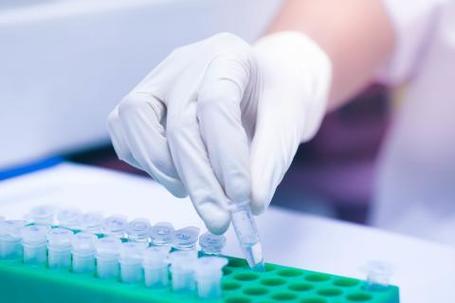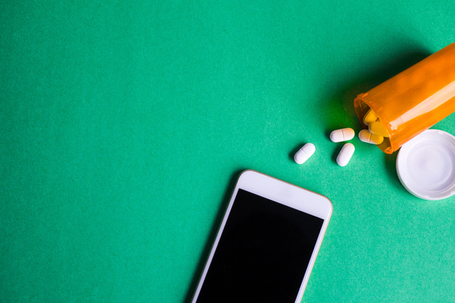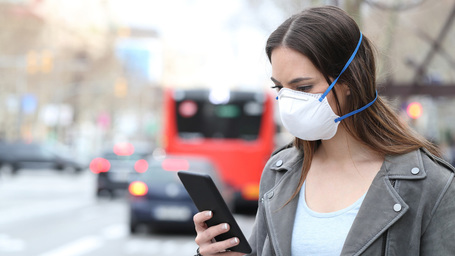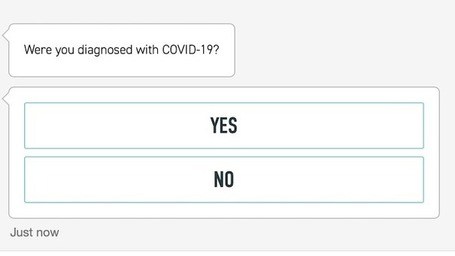Scoop.it
Cette étude de l’Oregon Health and Science University révèle que la variabilité génétique du système immunitaire humain peut affecter la sensibilité d’une personne à l'infection par le coronavirus SRAS-CoV-2, et le degré de sévérité chez cette personne de la maladie associée COVID-19. Cette recherche publiée dans le Journal of Virology, de l'American Society for Microbiology, appelle à mieux comprendre comment la variation de HLA, -un composant du système immunitaire comprenant plusieurs gènes- peut affecter le cours de COVID-19 pourrait permettre d’identifier de manière précoce les individus à risque plus élevé.
Source: www.santelog.com
Recent moves by the Food and Drug Administration have given digital health companies a big boost during the Covid-19 pandemic. The FDA gave Livongo an emergency use authorization to allow its blood glucose monitors to be used in hospitals, and has loosened requirements around the use of digital tools for mental health.
Digital health companies are quickly embracing changes by the Food and Drug Administration that would make it easier for consumers and hospitals to use their technologies. Last week, the FDA approved an emergency use authorization for Livongo, allowing at-home glucose monitors to be used in hospitals. It also loosened regulations around the use of software tools for mental health.
Though companies are still processing the new regulations, most were enthusiastic about the temporary changes.
“I think this is a really good step in the right direction for both access to digital therapeutics and quality standards for digital therapeutics. We’re quite excited about this announcement,” said Corey McCann, CEO of Pear Therapeutics, a startup that has three approved digital therapeutics for behavioral health. “I think there’s a tremendous opportunity to continue to make digital therapeutics the standard of care.”
Source: medcitynews.com
Leela Barham looks at how apps with the NHS’ seal of approval are faring in the market and how the app landscape has changed due to COVID-19.
With the COVID-19 pandemic taking hold of the country, there is an increased focus on how apps can not only help to manage health remotely, but also play a role in responding to the outbreak.
According to some estimates, there are now over 400,000 healthcare apps. That’s not including apps that are more focused on general lifestyle. That’s a lot of apps for patients, and their clinicians who may be asked for their views, to consider. And the number is growing all the time; there are already new apps specifically in response to COVID-19.
England’s NHS ‘App Library’ is an effort to quality assure; sort of an NHS kite mark. It was launched back in April 2017 (after a lengthy gestation), so it’s now two years old. It’s part of the wider drive, set out in the NHS Long Term Plan, for digitally enabled care.
Developers have to answer a set of digital assessment questions (DAQ) that make sure that only safe and secure apps and digital tools are published on the library. All apps have their eligibility checked, have to be registered with a regulator as appropriate, and are technically assessed.
Source: pharmaphorum.com
Patients are screened about COVID-19 status and other health factors, then provided with information about the nearest donation station.
Source: www.mobihealthnews.com





